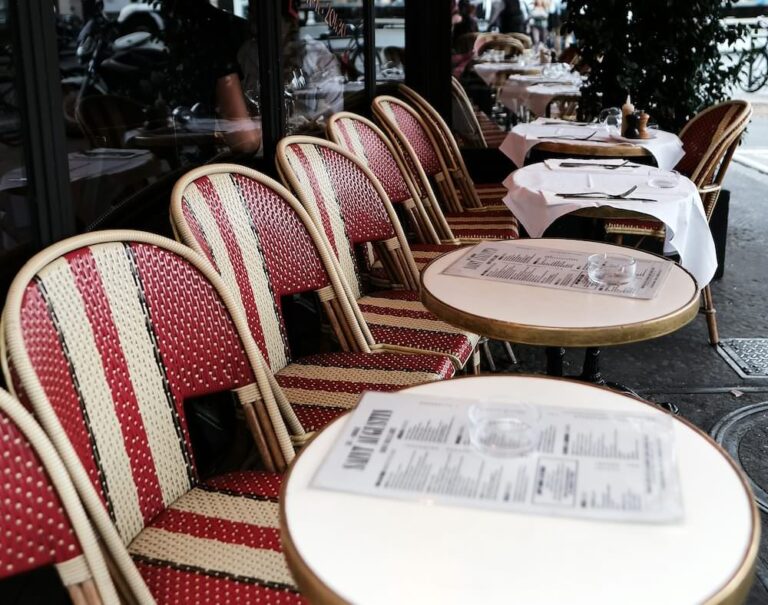fille & famille VS ville & mille
Some French words ending in -ille are pronounced with a “y” sound (like fille → [fij], meilleur → [mɛjœʁ]), while others keep a regular l sound (mille → [mil], ville → [vil]). This difference goes back to the history of French and how Latin words evolved over time. Two Pronunciations of -ille French actually has…









